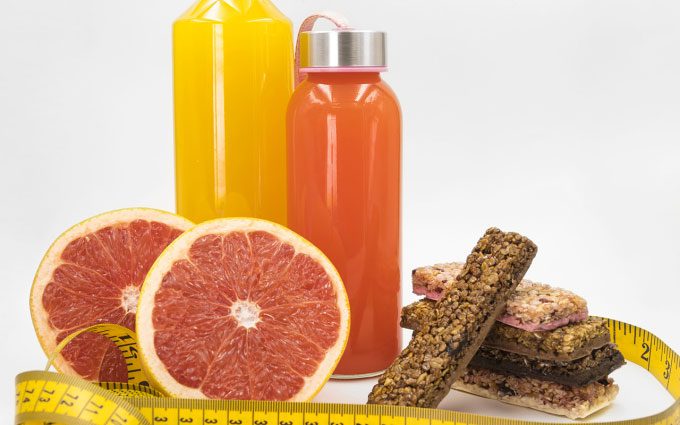Diabetes patients should completely avoid foods containing fat and only consume sugar-free foods and diet sodas, which may not necessarily be good for health.
Managing type 2 diabetes requires not only medication but also lifestyle changes and the selection of healthy foods. There are habits that diabetes patients believe to be beneficial, but if applied incorrectly, they can negatively affect disease management goals.
- Buying sugar-free foods: Not all sugar-free products are beneficial for diabetes patients. Some sugar-free items may contain sugar substitutes and high carbohydrates that can raise blood sugar levels. It is advisable to check the nutritional content of foods, including carbohydrates, sugars, and sweeteners in each serving, rather than focusing solely on the “sugar-free” label.
- Taking excessive vitamins and supplements: A diet rich in fruits and vegetables provides essential vitamins and nutrients for the body. Meals should balance protein, carbohydrates, and fats; avoiding only consuming fruits and vegetables can lead to nutrient imbalances. Before taking micronutrient supplements, patients should consult their doctor about possible drug interactions to prevent diabetes complications. Overuse of vitamin and mineral supplements is not good for health.
- Drinking fruit juice: A glass of apple juice contains 25 g of sugar and 0.5 g of fiber. In contrast, a whole apple contains about 19 g of sugar and more fiber (4.5 g). Instead of drinking juice, diabetes patients should eat whole fruits to stabilize blood sugar levels better.
- Replacing main meals with diet bars: Some diet bars contain a certain amount of calories and add ingredients like sugar alcohols (e.g., sorbitol, mannitol) that are not beneficial for the stomach. If consuming diet bars, diabetes patients should alternate with main meals to balance nutrition and choose low-calorie options.

Drinking too much juice can increase blood sugar levels. (Image: Freepik).
- Using diet soda: This beverage contains no calories, carbohydrates, or sugar. Overweight individuals consuming diet soda may intake more calories from food than usual because they believe they are cutting caloric intake from drinks, leading them to overindulge in high-calorie foods.
- Diet soda contains artificial sweeteners. The artificial sweeteners in these drinks can stimulate sweet taste receptors, increasing cravings for sweet foods. The body struggles to absorb artificial sweeteners, which can also lead to digestive disorders.
- Completely avoiding high-fat foods: Healthy fats are necessary for metabolic functions and overall health. Fats found in nuts such as flaxseeds, almonds, and walnuts can help lower blood sugar levels. It is advisable to limit saturated and trans fats found in processed and fried foods.
- Consuming snacks of only 100 calories: Many people believe that snacks like potato chips or small cakes with just 100 calories do not affect blood sugar levels. However, eating small packets multiple times a day can cause blood sugar levels to fluctuate uncontrollably.
Main causes of diabetes in Vietnamese people


















































